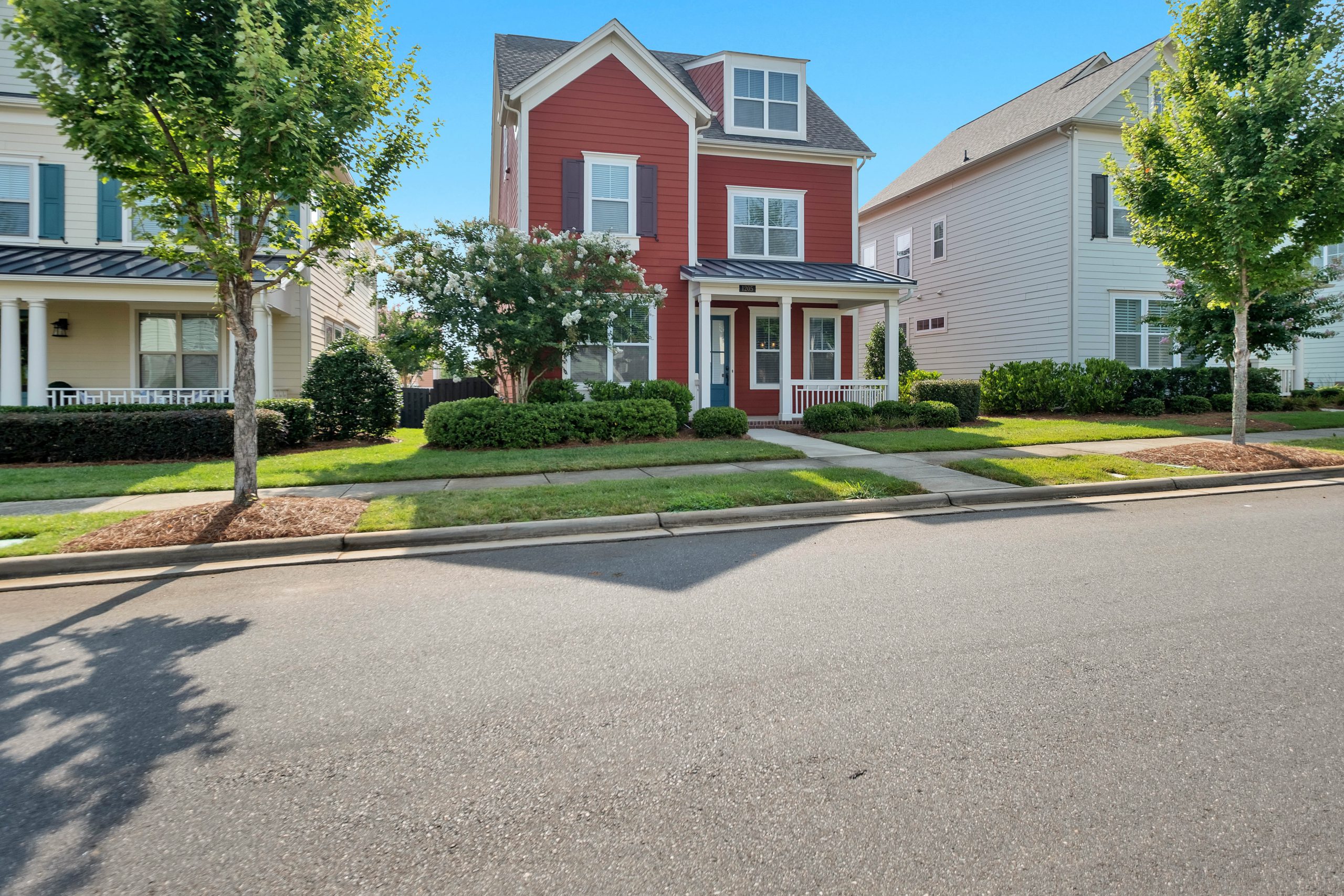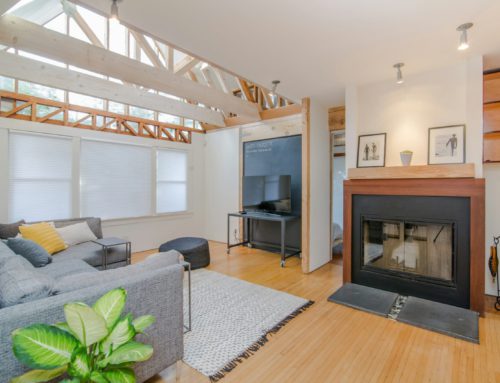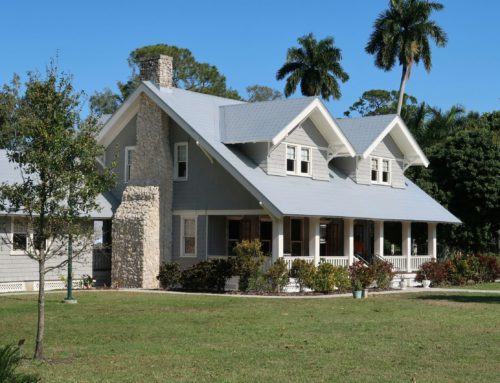Congratulations! You’re embarking on an exciting journey – the path to becoming a first-time home buyer. It’s a significant milestone in life, and understandably, you may have numerous questions swirling in your mind. To ease your concerns and provide clarity, let’s dive into some frequently asked questions (FAQs) that many first-time home buyers have. By addressing these common queries, we hope to empower you with knowledge and confidence as you navigate the home-buying process.
How do I know if I’m ready to buy a home?
Assessing your readiness involves several factors. Start by evaluating your financial situation. Do you have a stable income and sufficient savings for a down payment and closing costs? Consider your long-term plans and stability in the area. Are you ready for the responsibilities and commitment that come with homeownership? It’s essential to weigh these factors and determine if now is the right time for you to buy a home.
How much can I afford?
Determining your affordability involves considering your income, expenses, and financial goals. A general rule of thumb is to aim for a monthly mortgage payment that doesn’t exceed 30% of your gross income. Additionally, take into account other costs like property taxes, insurance, and maintenance. Consulting with a mortgage lender can help you understand the loan options available to you and determine a comfortable budget.
What is a down payment, and how much should I save?
A down payment is a portion of the home’s purchase price paid upfront. It’s typically expressed as a percentage of the total price. While the standard benchmark is 20%, it’s not the only option. Some loan programs offer lower down payment options, such as 3% or 5%. However, keep in mind that a lower down payment may result in additional costs like private mortgage insurance (PMI). Save diligently to reach your desired down payment amount to secure better loan terms and reduce long-term costs.
How does the mortgage application process work?
The mortgage application process involves several steps. Start by gathering the necessary documentation, including proof of income, bank statements, and tax returns. Next, research and compare lenders to find the best mortgage rates and terms. Submit your application, and the lender will review your financial information, verify your creditworthiness, and conduct an appraisal of the property. Be prepared to provide additional documents or explanations during the underwriting process. Once approved, you’ll proceed to the closing stage, where you’ll sign the necessary documents to finalize the loan.
What are closing costs, and how much should I expect to pay?
Closing costs are the fees associated with the home-buying process, typically paid at the closing stage. These costs can include appraisal fees, loan origination fees, title search fees, and more. On average, closing costs can range from 2% to 5% of the home’s purchase price. However, it’s essential to note that these costs can vary depending on factors like location and the specifics of your loan. Reviewing the Loan Estimate provided by the lender will give you a breakdown of the expected closing costs.
Should I work with a real estate agent?
Working with a knowledgeable real estate agent can be highly beneficial, especially for first-time home buyers. An experienced agent can guide you through the process, help you navigate the housing market, and negotiate on your behalf. They have access to extensive resources and market insights that can assist you in finding the right home and making informed decisions. While it’s possible to buy a home without an agent, having professional support can streamline the process and provide peace of mind.
What is a home inspection, and do I need one?
A home inspection is a crucial step in the home-buying process. It involves hiring a qualified inspector to assess the property’s condition and identify any potential issues. A thorough inspection can uncover hidden problems that may not be visible to the untrained eye, such as structural issues or plumbing concerns. While a home inspection is typically not mandatory, it is highly recommended to protect your investment and ensure you’re aware of any necessary repairs or maintenance.
How long does the home-buying process take?
The home buying process timeline can vary, but on average, it takes about 30 to 45 days from the time you submit an offer to closing. However, this timeframe can be influenced by various factors, such as the complexity of the transaction, market conditions, and the efficiency of all parties involved. Being prepared, organized, and responsive throughout the process can help expedite the timeline.
Final Thoughts
Remember, each person’s home-buying journey is unique, and it’s crucial to seek personalized advice and support from professionals in the industry. By arming yourself with knowledge and surrounding yourself with a reliable team, you’ll be well-equipped to navigate the path to homeownership confidently. Good luck with your exciting adventure as a first-time home buyer!







Leave A Comment